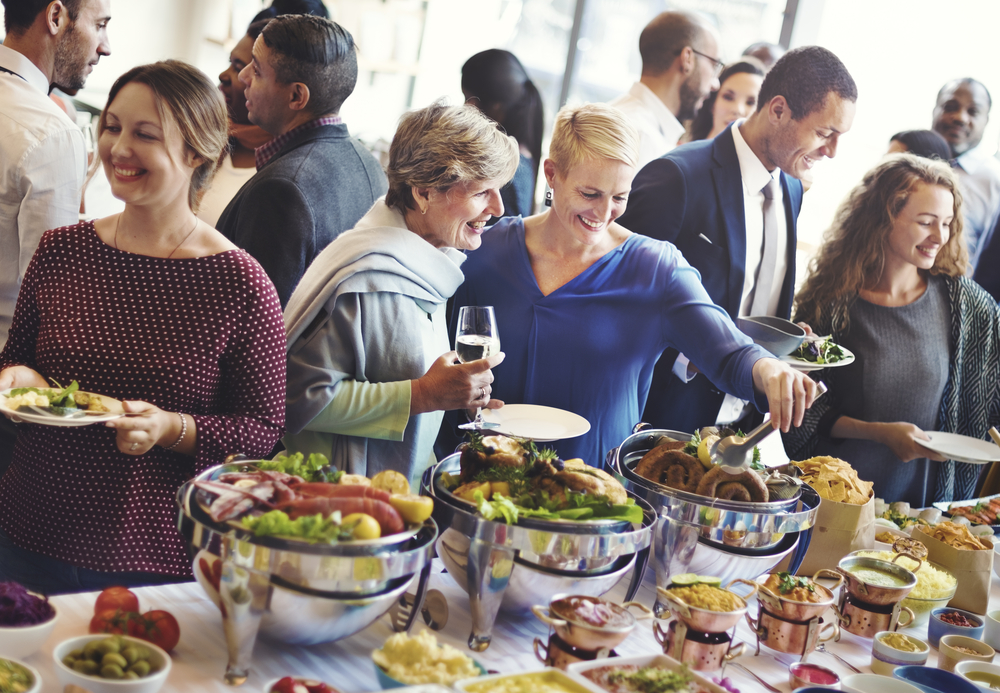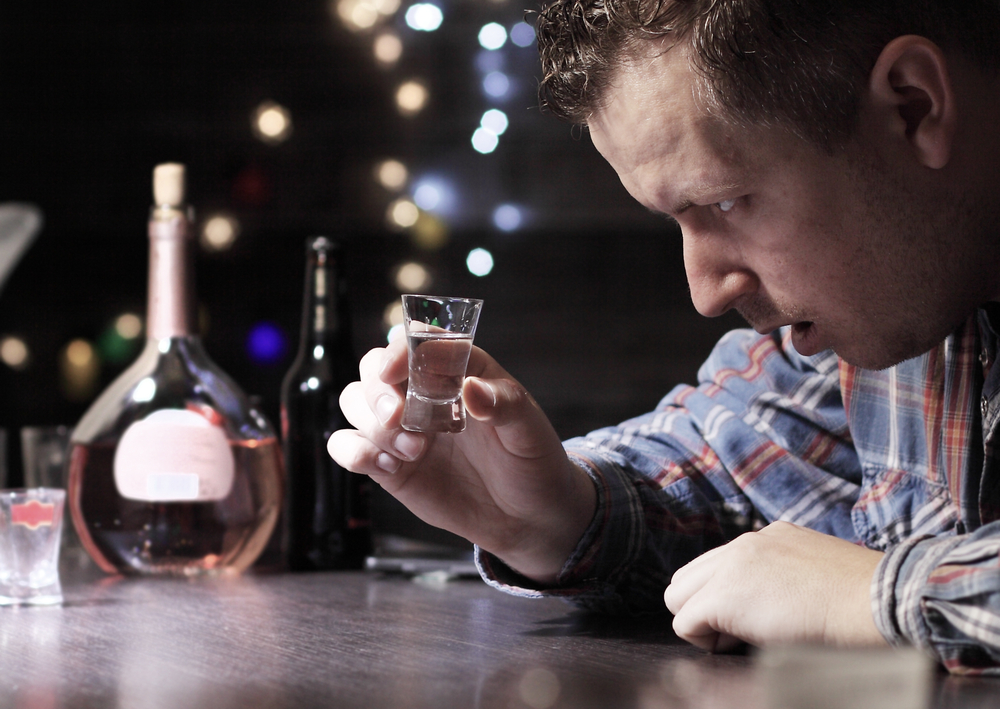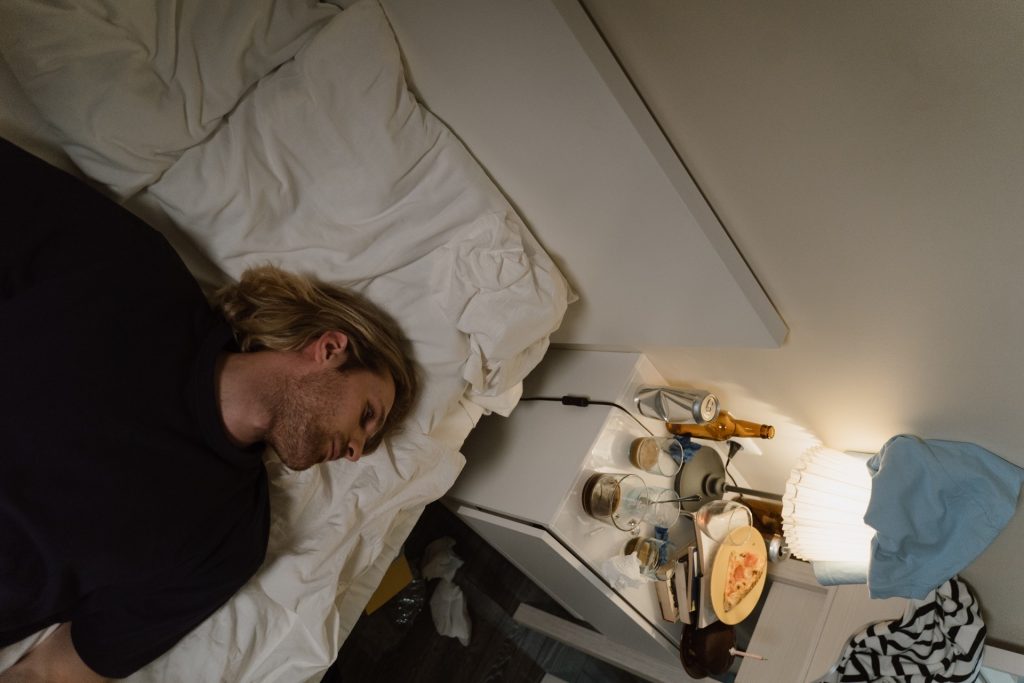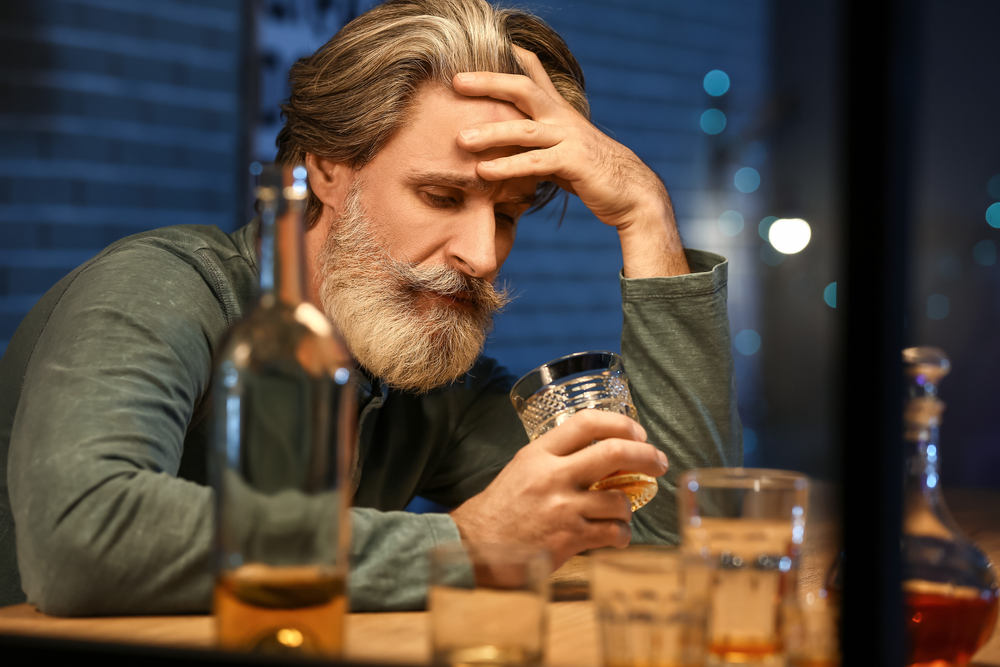Holidays 2021: A Guide to Avoiding Relapse Triggers
The holidays are a time when most people reunite with friends and family to celebrate. It is considered a time to drink, eat, and be merry.
Unfortunately, the holidays can also be stressful for people in recovery, and the chances of addiction relapse are relatively high. Emotional relapse may make any recovering addict turn to drugs or alcohol as a coping mechanism.
Some common holiday triggers are:
- Loneliness, especially for those who have no one to celebrate the holidays with.
- The pressure that comes with the holidays, i.e. travel, selecting gifts, decorating, attending parties, etc.
- Dealing with strained or fragile family relationships.
- Constantly interacting with people who drink or get high, especially during holiday parties.
Holiday triggers can easily make anyone in recovery return to drug or alcohol abuse. Luckily, we have a few tips that go a long way in preventing relapse during the holidays. These tips will help you stay sober during the holiday season.
Wake up every morning with the decision to stay sober
Every morning, make a conscious decision to stay sober. Plan how to avoid any triggers you may encounter that day and what you’ll do if you get any cravings.

Eat healthily
Ensure you eat healthy during the holidays. Staying hungry may result in low blood sugar, which may, in turn, make you more irritable. When you are irritable, you become impulsive and may end up relapsing. Be sure to have a snack with you when on the move and snack every few hours.
Avoid high-risk situations
Evaluate every situation and decide whether they are high-risk or low risk.
If you are in early recovery, it would be best to avoid high-risk situations. If you must, try to leave early.
It would also help to know your triggers for you to avoid them. Some of the most common triggers are anger, loneliness, fatigue, and hunger.
Make a point of taking care of yourself both physically, mentally, and emotionally. Not doing so may lead to physical relapse or mental relapse, which may in turn, lead to alcohol or drug use.
Carry your own drinks to parties
Most office and family parties have non-alcoholic beverages. However, it wouldn’t hurt to bring your own non-alcoholic beverages. If the party you’re going to will serve champagne, you can carry flavored sparkling water to sip on as other people drink their champagne. Other alternatives are juices or sparkling cider.
Carrying your drinks helps you avoid the temptation of indulging in the alcoholic drinks that are often served at holiday and Christmas parties.
Bring a sober friend along

If you’re lucky enough to have a friend staying sober during the holidays, keep them close. A sober friend can keep you in check. If you feel the need to drink or get high, your friend will talk you out of it. Additionally, you’re less likely to feel the pressure to indulge when both of you are drinking non-alcoholic beverages.
Have a schedule
You may notice that over the holidays, most therapists cancel their sessions during the holidays since they either want to go on vacation or be with their friends and family. When this happens, you may not have sessions as often as you are used to.
Try making a schedule of fun things you can do in your free time to keep yourself busy.
Learn to say "no" (politely)
Sometimes, you may not be ready to share details of your recovery journey with friends or family. Therefore, you need to learn how to politely decline their offers without giving out too many details. Practice your responses in advance so that you’re ready when they question you. For instance, if someone offers you drinks, you can decline by saying that you are the designated driver.
Volunteer
Volunteering during the holidays is an excellent pastime for people in recovery. You can choose to volunteer at a local shelter, food bank, or senior living community. Other than keeping you busy, volunteering can help remind you of how lucky you are.
Don’t isolate yourself
Although avoiding holiday parties and people seems like a good idea, it isn’t necessarily. Don’t isolate yourself by staying indoors. Spending too much time in isolation may lead to a relapse.
Try to choose events you can comfortably attend and make time for your friends and family. Show up for office parties and family events, but ensure you don’t relapse.

Have a support system
As mentioned earlier, the holiday celebrations and stressors can be relapse triggers. Having a strong support system can keep you busy and accountable throughout the holiday season. Support system can be your loved ones or peers in groups like Alcoholic Anonymous or Narcotics Anonymous.
According to the National Institute on Drug Abuse, these groups complement and extend the effects of professional treatment. If you don’t have a support group or if you have travelled to a different city or state for the holidays, check this site for organizations and support groups in your area.
When the craving kicks in, move past it
Cravings will likely kick in during the holidays. The trick is to stay strong and not give in since the urge will pass after a few minutes. Talk yourself out of it, move to a different venue, meditate, or even just take deep breaths. Do whatever you have to do to move past your cravings. You’ll realize that the more you beat your cravings, the easier it becomes in the long run.
Approximately 21 million Americans struggle with substance use disorders, and during the holidays it could be especially tempting. Due to holiday triggers, the relapse rate for people in recovery is typically much higher.
If you’re having a hard time staying sober during the holidays, know that you are not alone. It would help to reach out for extra support during this season. Try booking extra therapy sessions, going for extra meetings, or even starting a new course of therapy. This way, instead of relapsing, you’ll end the year on a sober note.
If you or anyone you know is struggling with substance abuse or experiencing a relapse, contact us for safe and secure addiction treatment. You can also call us at: 1-888-249-2191. We are open 24/7 and have several treatment programs approved by the National Institute on Drug Abuse to help you get back on your feet. Our supportive and caring staff will walk with you, every step of the way.
You can also look at resources on the American Society of Addiction Medicine website.



